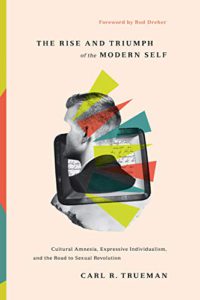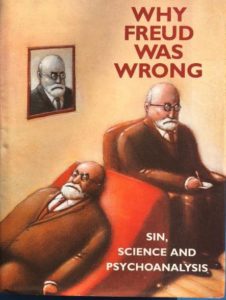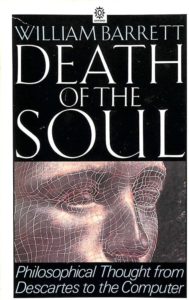 Philosophical and Social Origins of Identity Politics and the LGBTQ Sexual Revolution. Part 1.
Philosophical and Social Origins of Identity Politics and the LGBTQ Sexual Revolution. Part 1.
Due to the influence of the Bible, the majority of thinkers in Western society for centuries have acknowledged the reality of the soul which is distinct and yet intimately linked to the body. According to the Christian tradition, what we refer to as body and soul are aspects of one unitary reality and process, that is, the body and soul are viewed as a psychophysical unit, the human person. The physical body changes through time but the soul persists as the person interacts continuously with the world. It is the continuity of the soul, with its faculties of intellect and will, which ensures coherence and defines the personal identity of the person.1Due to constrains of a short article, the words “soul”, “self” and “mind” are used in this post interchangeably in the light of overlaps in their semantic domain. For example, the immortality of the soul is linked to the immateriality of the mind and the mind is a power of the soul. However, we should be sensitive to the nuances of each thinker in how he uses these words.
Knowledge of the soul is inseparable from knowledge of God.2John Calvin notes, “true and sound wisdom, consists of two parts: the knowledge of God and of ourselves. But, while joined by many bonds, which one precedes and brings forth the other is not easy to discern. In the first place, no one can look upon himself without immediately turning his thoughts to the contemplation of God, in whom he “lives and moves”… Again, it is certain that man never achieves a clear knowledge of himself unless he has first looked upon God’s face, and then descends from contemplating him to scrutinize himself.” John Calvin, Institutes of the Christian Religion (Westminster, 1960), Book 1.1.1, 2. However, from the 17th century, many Western scholars and scientists began to reject both the idea of God and the soul. Indeed, the soul has become absent or irrelevant in contemporary intellectual discourse. How did this happen?
To answer this question, we begin with the French philosopher, Rene Descartes. Continue reading “The Vanished Soul and Quest for the Authentic Self in Modern Western Thought”
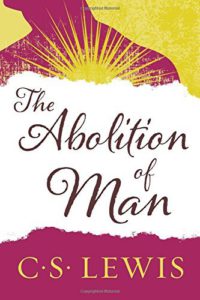
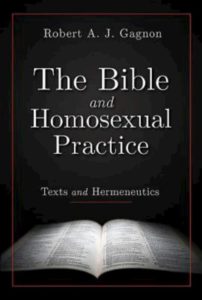 You can view the one hour video at:
You can view the one hour video at: